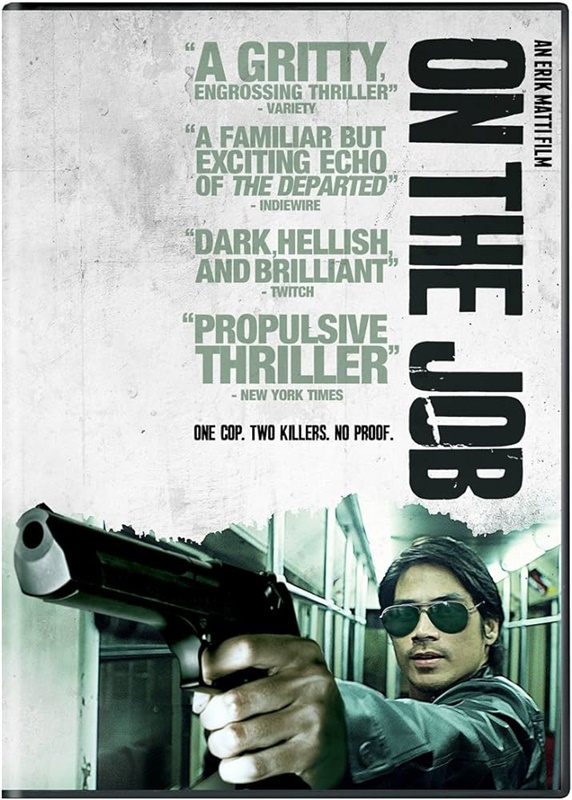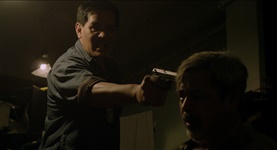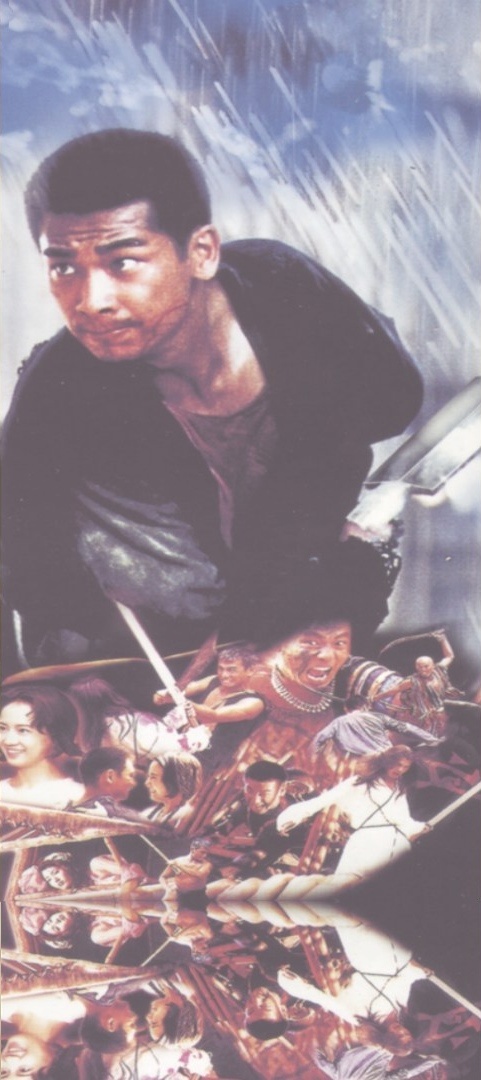On the Job (2013)

On The Job tells interlocking tales. A hitman and his understudy are allowed to exit the jail they are imprisoned in to perform assassinations, a young cop's beautiful new wife is the daughter of a politician with dubious connections, and a web of crime and corruption runs through Filipino politics.
The Philippines is one of the most corrupt countries on Earth, and Erik Matti's careful documentation of that corruption feels almost documentary - albeit presented in the form of a slick, engaging thriller. The narrative weaves between different parties presenting different perspectives on a system where power is wielded without conscience.
The main focus of the film is the aging hitman whose prison term is approaching an end. It becomes clear that his employers have no use for a free man, and the crooks who have employed his services are cleaning up behind themselves as they prepare a run for political office.
There is a palpable sense of rage, here and in Matti's BuyBust, and of powerlessness in the face of a rigged system. Movies like to present the idea that good people can make a difference, but Erik Matti doesn't seem able to make that case - to bring himself to tell us a white lie.
This does not prevent him from delivering a kinetic thriller though, with a constantly evolving situation where information flows and induces action and reaction. It's taut and suspenseful, and occasionally very bloody. The orchestration is reminiscent of Johnnie To's adept manipulation of the pieces on screen at times.
The camerawork is very fluid, and frequently produces some stunning images. The soundtrack deserves special mention too, being eclectic and intriguing, and at times almost unreasonably effective.
There should be some sort of rule that cool films have cool names. ON THE JOB sounds too pedestrian for what is in fact a gripping and accomplished film. I'm not sure what it should be called instead, it's easier to criticise than to solve.
Cast
Crew
| Director | |
|---|---|
| Writer | |
| Editor | |
| Cinematographer | |
| Soundtrack |




